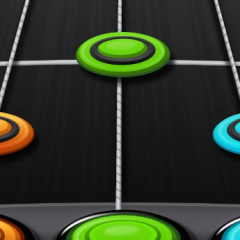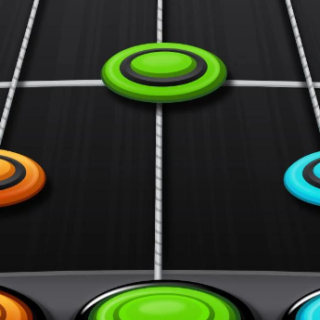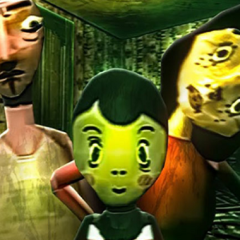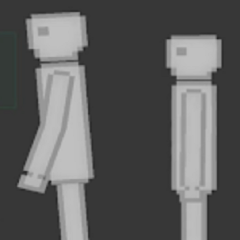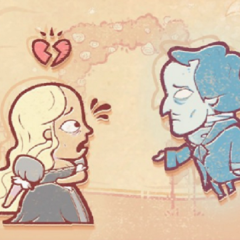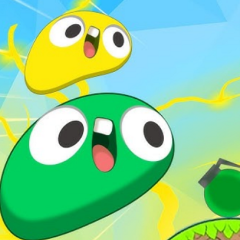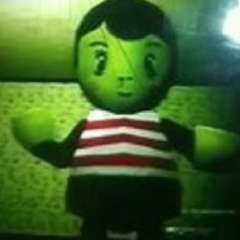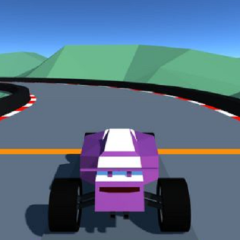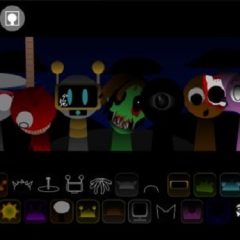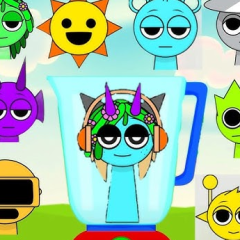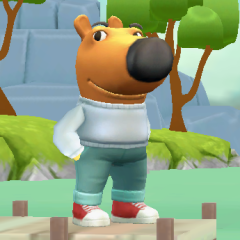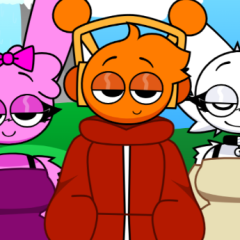Guitar Hero brought a new method of engaging with popular music by allowing players to simulate guitar playing using a plastic controller. The gameplay focused on pressing buttons in time with scrolling notes on the screen, creating an interactive version of familiar songs. With a focus on rhythm and timing, the game made the feeling of being on stage accessible to anyone, regardless of musical background.
Learning Through Repetition
The core of Guitar Hero’s appeal lies in the repetition and memorization it encourages. Songs range in difficulty, and players must practice sections to improve performance. This challenge fosters persistence and hand coordination, even though the mechanics are based on simplified representations of real music. Many players reported feeling more connected to the structure and rhythm of songs after playing.
Some features central to the game include:
- Multiple difficulty levels, from beginner to expert
- Practice mode for repeating tough sections
- Unlockable content such as songs, characters, and venues
- Customizable avatars and guitars
- Real-time scoring and ranking systems
Competitive and Cooperative Modes
Guitar Hero supports both solo play and multiplayer options. In competitive mode, two players go head-to-head to outscore each other. In cooperative mode, players can join forces to complete songs together, each covering different parts of the track, such as lead and rhythm guitar. These modes increase the game’s replay value and make it a popular choice for social gaming.
Impact Beyond Gaming
The success of Guitar Hero inspired a wave of similar music-based games and led to collaborations with famous artists and bands. Some versions focused on specific artists’ discographies, allowing fans to experience a themed collection of songs. It also influenced music education and helped introduce younger audiences to different genres and eras of music in an interactive format.
Remembering the Experience
Although the series has slowed in releases, Guitar Hero still holds a place in the history of rhythm games. Its combination of accessible gameplay, recognizable songs, and unique controller design made it stand out. For many, it was a game and a way to enjoy music in a new form, and its legacy remains present in modern rhythm titles.

